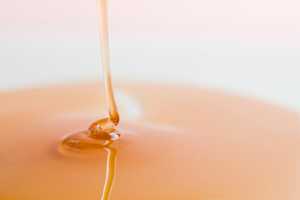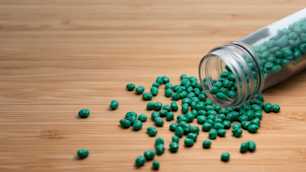Ville Roininen
Polymers & Plastics
MSc (tech.), Materials Science

Ville Roininen works at Measurlabs as a team lead and organic material testing expert. His professional interests include polymer characterization methods, such as DSC, SEC, and TGA, assessment of barrier properties, and the development and testing of new biobased polymers. Ville had a central role in creating the Measurlabs Biobased Content certificate, which is listed on the European Bioplastics website for biobased product certification.
Ville graduated from the Tampere University of Technology in 2020 with an MSc (tech.) in materials science. He has worked as a laboratory assistant for the paper and board giant UPM and as a development engineer for the large machine manufacturing company Valmet, gaining experience in process development for novel fiber products.
Ville’s latest articles in our blog
Viscosity testing techniques, standards, and applications
Choosing the most appropriate viscosity testing technique, based primarily on sample properties, is key to obtaining accurate and reproducible results.
Keep reading >

The EU Green Claims Directive requires companies to provide more evidence for sustainability claims
Laboratory testing is key to substantiating green claims about biobased content, biodegradability, and compostability in accordance with the new directive.
Keep reading >

Overview of EU policy on biobased, biodegradable, and compostable plastics
According to the EU, biobased and biodegradable plastics can provide a sustainable alternative to fossil-based materials, but only when used appropriately.
Keep reading >

